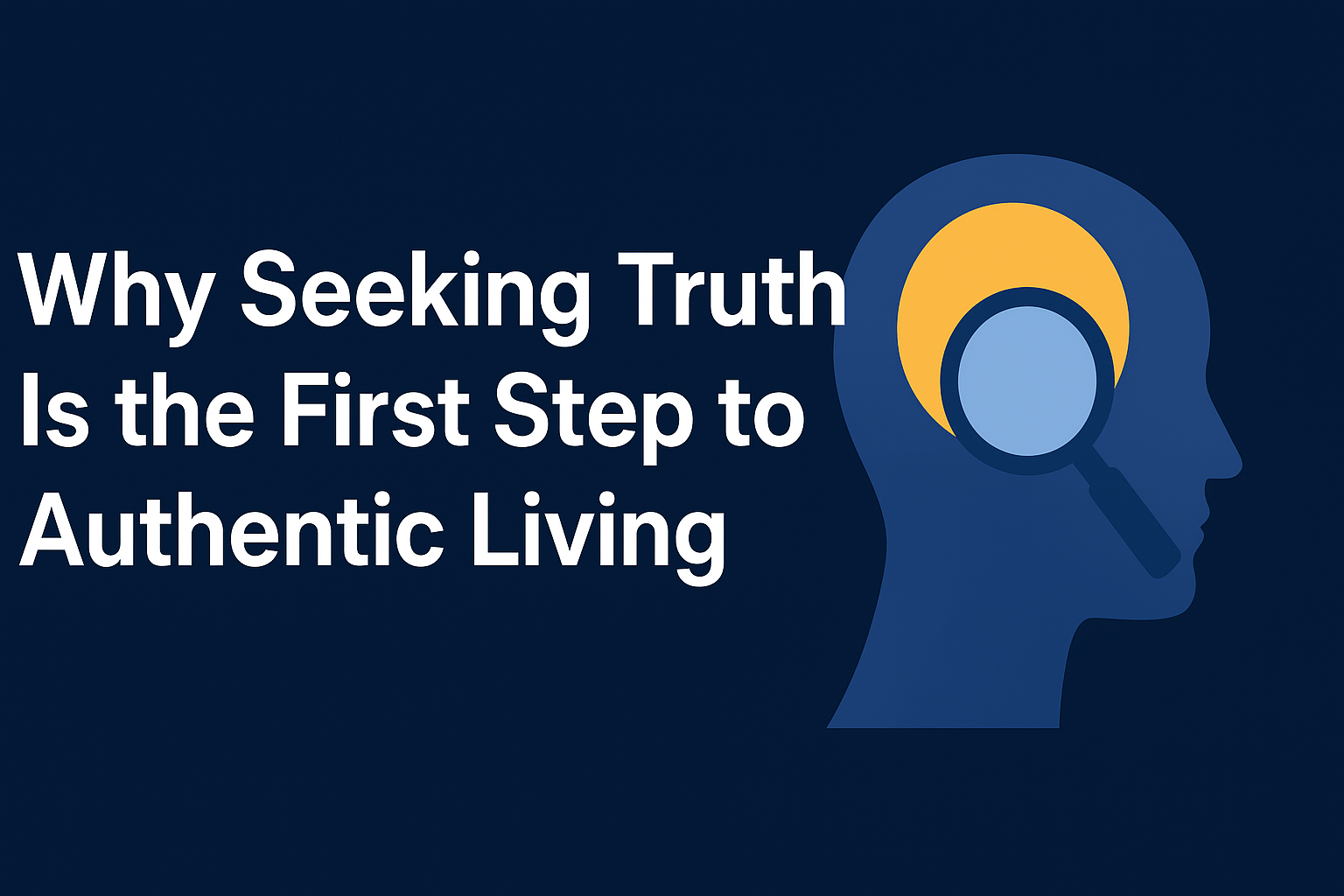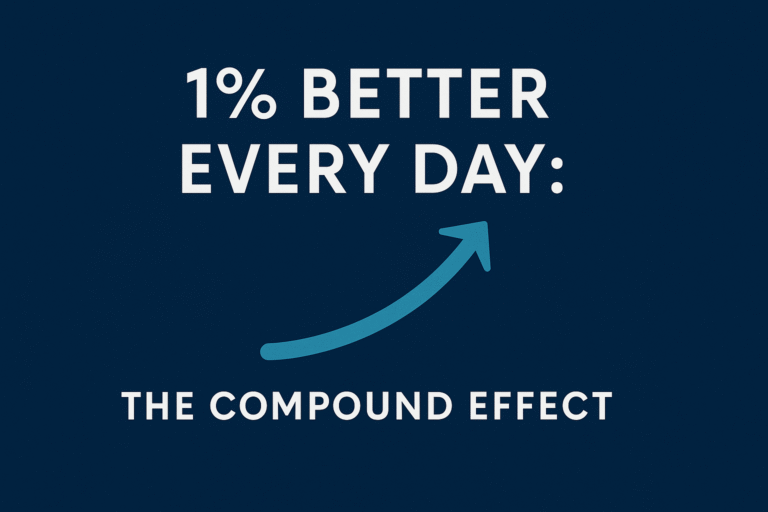Why You Can’t “Turn Off” After Work
You close your laptop, but your brain is still running through unfinished tasks, that one awkward email, and tomorrow’s deadlines. You try to relax, but instead, you’re scrolling on your phone while mentally responding to work messages. By the time you hit the pillow, you feel wired, not tired.
Sound familiar?
For many young professionals, the ability to truly wind down after work feels impossible. We live in a world where work follows us home—literally (especially if you work remotely). When you carry stress into your evenings, it not only wrecks your sleep but also makes you less productive the next day. The good news? You can train your brain and body to let go of work stress with a simple, science-backed wind-down routine that signals to your mind: Work is over. It’s time to relax.
Step 1: Create a Mental Off-Switch for Work
Why Your Brain Stays in Work Mode
Our brains are wired to obsess over unfinished tasks. Our brain holds onto unresolved work like a tab that never closes. When I first started my career, I’d find myself lying awake at night replaying events or stressing about emails I hadn’t answered. And I realized that if I didn’t do something to figure out how to unwind, the cycle would never end. I started using a simple work shutdown ritual that helped my brain mentally clock out for the day.
How to Mentally Disconnect from Work
- Write It Down, Let It Go
- Before you log off, write down everything still on your mind: tasks you didn’t finish, things to handle tomorrow, random thoughts about work. A simple way that works for me is I text myself outstanding tasks or I delegate tomorrow’s tasks to ensure it leaves my brain.
- This signals to your brain: You don’t have to hold onto this anymore—we’ll deal with it later.
- The Work Shutdown Ritual
- Physically close your laptop or put work-related items away.
- Say a mental cue like, “Work is done for today. I’ll handle this tomorrow.”
- Listen to a specific song or playlist to mark the end of your workday.
- Set a Hard Stop Time
- If you don’t set boundaries, work will bleed into your personal time. Pick a time when you officially log off each day.
Step 2: Establish a Wind-Down Ritual
Why Your Body Needs a Transition Period
Your brain isn’t a light switch—it can’t just go from high-stress work mode to relaxed chill mode instantly. You need a transition period that tells your body: It’s okay to relax now.
Best Wind-Down Rituals for Stress Relief
- Get Outside or Go the Gym
- A 10-15 minute walk resets your nervous system and helps you mentally leave work behind.
- Fresh air and movement lower stress hormones and boost mood.
- Also, a quick 20-30 minute workout session can relieve work tension and reduce stress.
- Music Therapy
- Studies show that low-frequency music (like lo-fi, classical, or nature sounds) reduces stress.
- This can be listening to anything that helps you wind down.
- A Warm Shower or Bath
- Heat relaxes your muscles and signals to your body it’s time to slow down.
- Adding magnesium bath salts helps release built-up tension.
Step 3: Use Relaxation Triggers to Signal Your Brain
Your body doesn’t just magically relax—you have to trigger it. Here’s how:
How to Activate Your Relaxation Response
- Deep Breathing Techniques
- Try the 4-7-8 breathing method (inhale for 4 sec, hold for 7 sec, exhale for 8 sec).
- This technique is scientifically proven to lower cortisol levels and slow a racing mind.
- Aromatherapy & Essential Oils
- Scents like lavender and chamomile help trigger relaxation.
- Diffuse them in your space or apply a small amount to your wrists before bed.
- Progressive Muscle Relaxation (PMR)
- This involves tensing and relaxing each muscle group to release stress.
- It’s a game-changer if you carry tension in your shoulders or jaw.
Step 4: Set Boundaries Between Work and Rest
Why Work Creep Destroys Relaxation
If you check emails at 10 PM, your brain never fully disengages. Over time, this leads to burnout, sleep problems, and lower productivity.
How to Set Boundaries (And Stick to Them)
- Turn Off Notifications
- Set your phone to Do Not Disturb after a certain time.
- If needed, set up an auto-reply for after-hours emails.
- Create a No-Work Zone
- If you work remotely, don’t work in your bedroom. Your brain needs to associate that space with rest, not stress.
- Set Expectations with Your Boss/Clients
- Example email:
“I’m unavailable after [X] PM but will address any urgent concerns first thing in the morning.”
- Example email:
Our brains do not understand boundaries until we teach them.
Step 5: Train Your Mind to Let Go of Work Stress
Why Overthinking Keeps You Awake
Work stress leads to rumination—that endless loop of thoughts that keeps you from relaxing.
How to Break the Cycle
- Mindfulness Check-In
- Sit quietly and focus on your breath for just 60 seconds.
- Acknowledge work stress, then visualize it floating away.
- The “Mental Door Closing” Technique
- Picture yourself closing a door on your work stress.
- Imagine leaving it behind for the night.
- Journaling for Stress Release
- Write down your worries before bed.
- Journal prompt: What can I let go of today to create peace for myself?
Step 6: Set Yourself Up for Restful Sleep
Your wind-down routine won’t work if your sleep habits are trash.
Best Practices for Deep, Restorative Sleep
- Stick to a Sleep Schedule
- Go to bed and wake up at the same time—even on weekends.
- Use Supplements for Relaxation (if they help)
- Magnesium glycinate and chamomile tea can help with sleep.
- Follow the 90-Minute Wind-Down Rule
- Avoid screens and work 90 minutes before bed.
Final Thoughts: Take Control of Your Evenings
To truly wind down after work, you need to:
1. Close the workday with a shutdown ritual
2. Transition your brain with a wind-down routine
3. Use relaxation triggers to shift into rest mode
4. Set boundaries to protect your time
5. Train your mind to let go of stress
The more you commit to this, the easier it gets. So, what’s one small habit you can start tonight? Choose one and give it a try—you deserve to end your day feeling calm, not overwhelmed.
What’s your biggest struggle with winding down after work?
References
- American Psychological Association. Stress Effects on the Body. APA, 2023, www.apa.org/topics/stress/body.
→ Explains how chronic stress impacts sleep quality and overall health. - National Sleep Foundation. Relaxation Techniques for Better Sleep. National Sleep Foundation, 2023, www.sleepfoundation.org/sleep-hygiene/relaxation-techniques.
→ Details evidence-based techniques like deep breathing, progressive muscle relaxation, and mindfulness. - Harvard Medical School. The Importance of a Nightly Routine. Harvard Health Publishing, 2022.
→ Discusses the science behind sleep rituals and how they signal the brain to relax. - Mayo Clinic. Exercise and Stress: Get Moving to Manage Stress. Mayo Clinic, 2023, www.mayoclinic.org/healthy-lifestyle/stress-management/in-depth/exercise-and-stress/art-20044469.
→ Explains how light physical activity in the evening can reduce stress and improve sleep. - Kabat-Zinn, Jon. Full Catastrophe Living: Using the Wisdom of Your Body and Mind to Face Stress, Pain, and Illness. Bantam Books, 2013.
→ A foundational book on mindfulness and how it helps reduce stress and improve relaxation.





